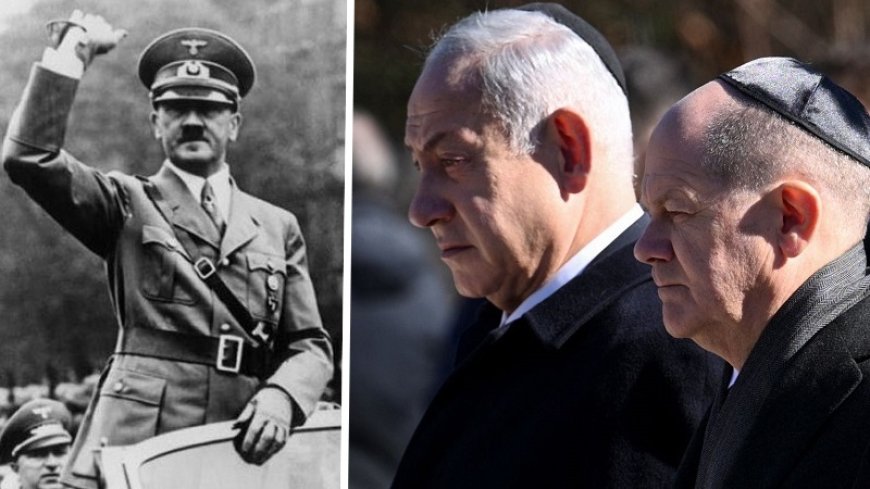Germany's Position on Israel-Palestine Conflict Draws Criticism Among Current Gaza Violence
Germany has been under fire for its consistent support of Israel among the continuing crisis in Gaza, a stance taken by some as a denial of the complexity of the circumstances.

Germany has been under fire for its consistent support of Israel among the continuing crisis in Gaza, a stance taken by some as a denial of the complexity of the circumstances. Germany, standing with the United States, has been one of Israel's closest friends since hostilities started. With former Chancellor Angela Merkel stating Israel's security to be Germany's "staatsräson, or reason of state," this alignment is firmly anchored in Germany's historical obligation following the crimes carried out during the Holocaust.
The recent rise in violence, which has claimed over 33,000 lives in Gaza—many of which are women and children—has spurred fresh criticism of Germany's posture. While Chancellor Olaf Scholz has urged a ceasefire, German officials have regularly abstained from or opposed UN resolutions supporting peace. Moreover, Germany's position as Israel's second biggest military supplier begs questions, especially if arms exports increased ten-fold from 2022 to 2023.
Critics contend that the pro-Israel tilt permeates all spheres of German life, including academics and journalism. With major publications like Axel Springer apparently requiring such coverage, the German media scene mostly reflects a pro-Israel perspective. As seen by the dismissal of Professor Ghassan Hage from the Max Planck Society for suspected anti-Semitism, colleges have sacked academics for voicing critical opinions on Israel as the conflict grew more intense.
The silence of dissenters goes beyond the classroom. Germany banned pro-Palestinian demonstrations and limited manifestations of Palestinian identity, including flying flags or donning traditional clothing, following the start of violence Because of their criticism of Israeli policy, eminent political personalities such US Senator Bernie Sanders and former British Labour Party leader Jeremy Corbyn have been denied entry into Germany.
Historically, Germany's present government—a coalition of Social Democrats, Greens, and Liberals—has favored a more measured approach to the Israel-Palestine conflict. Critics counter that, in the face of continuous bloodshed, this alliance has turned toward total support for Israel, therefore neglecting to defend Palestinian rights.
Moreover, latest government actions show a strict attitude on conversations about the conflict. "We stand on Israel's side," Interior Minister Nancy Faeser said, and a proposed draft law implies that German citizenship might be based on a pledge to Israel's right to exist. Such laws have generated ethical questions since many people doubt the consequences of tying national identification to support of a foreign power.
Rising anti-Palestinian attitude in Germany also reflects the political scene as tensions rise. Targeting Arab and Muslim communities especially, government officials have consistently linked criticism of Israel with anti-Semitism. This has resulted in charges that the government is promoting an anti-immigrant narrative while neglecting the roots of anti-Semitism inside German society itself.
Germany's posture has consequences not only inside its borders but also on the world scene. Critics contend, especially in the Global South, this strategy compromises Germany's moral reputation and soft power. Many contend that Germany has historical responsibility and should change its perspective of its obligations—not only to Israel but also to the Palestinian people—as demands for peace get louder.













































